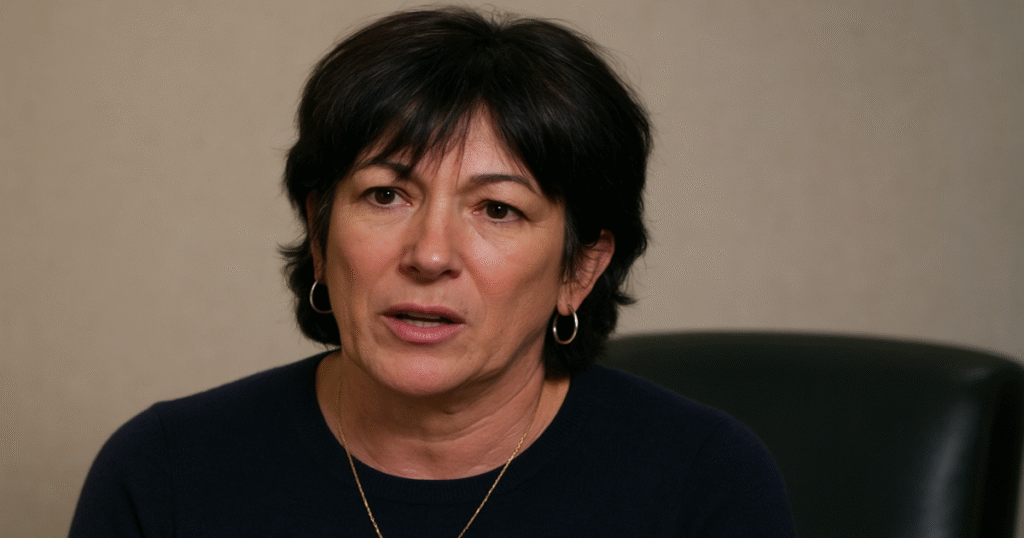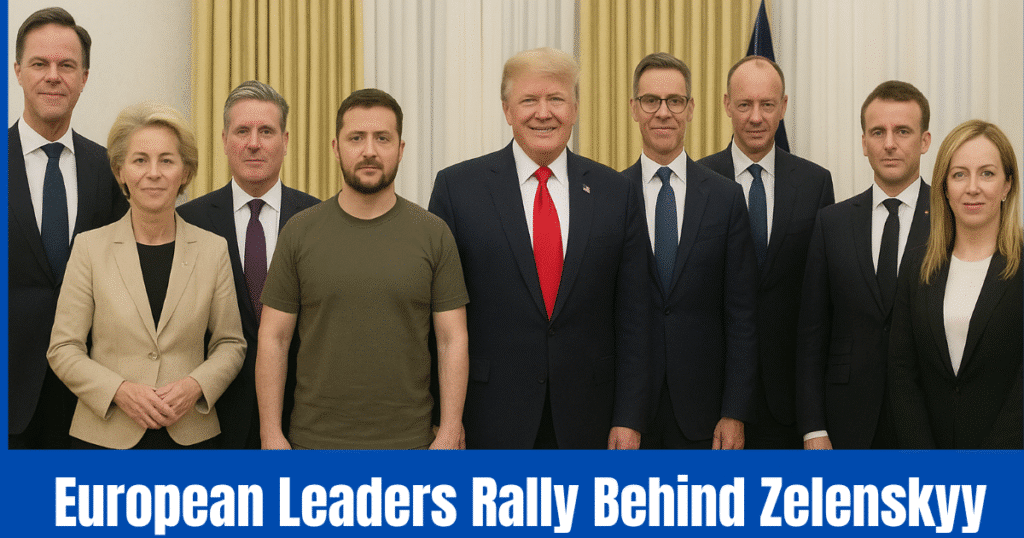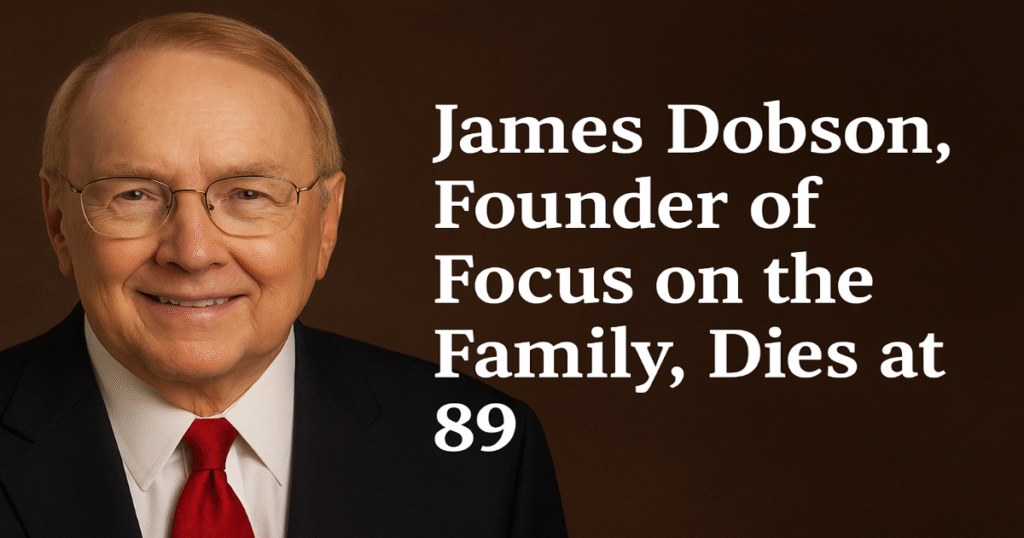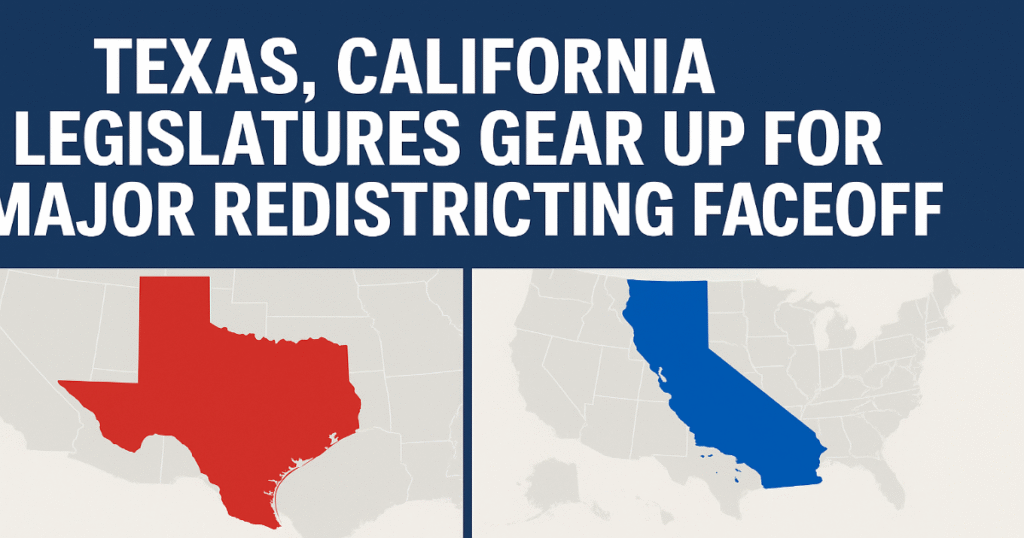
A Rare Public Intervention
For years, Ghislaine Maxwell has largely remained silent after her conviction in the Jeffrey Epstein scandal. Now, in an extraordinary turn, she has spoken at length during two days of questioning with the U.S. Department of Justice. The transcripts, recently made public, show Maxwell not only defending herself but also taking aim at one of the most explosive allegations in the entire Epstein saga: the claim that Prince Andrew had sex with Virginia Giuffre, then a teenager, at Maxwell’s London home.
Maxwell did not mince words. She told Deputy Attorney General Todd Blanche and his team that the accusations were “impossible” and “total rubbish.” Her comments represent one of her strongest public interventions since her sentencing in 2022, and they have reignited fierce debate over the unresolved legacy of Epstein’s crimes, the credibility of survivors’ accounts, and the reputations of high-profile figures entangled in the scandal.
Inside the DOJ Sessions
The meetings took place in July at a federal facility in Tallahassee, Florida, where Maxwell is serving her 20-year prison term. Officials described the encounter as highly unusual: it is rare for a convicted felon in such a notorious case to receive direct access to a deputy attorney general.
For nearly twelve hours across two days, Maxwell fielded questions on a wide range of topics. Prosecutors pressed her about Epstein’s circle of friends, the so-called “client list” that has become the subject of endless speculation, and allegations involving political leaders, business tycoons, and celebrities.
But the exchanges that drew the most attention centered on Prince Andrew and Virginia Giuffre. The now-iconic photograph of Andrew with his arm around Giuffre’s waist, with Maxwell smiling in the background, has for years symbolized the unresolved questions at the heart of the scandal. Giuffre consistently claimed she was trafficked to Andrew at Maxwell’s London townhouse when she was 17. Andrew has always denied it, and Maxwell, in the transcripts, went even further—calling the entire scenario a fabrication.
Maxwell’s Blunt Denials
In her own words, Maxwell dismissed the allegations as “BS.” At one point, she interrupted a prosecutor’s question to ask sarcastically, “What’s a bigger word than BS?” before bursting into laughter.
She insisted she never arranged any encounter between Andrew and Giuffre, and she labeled the famous photograph “fake.” Maxwell argued that the layout of her Belgravia home made Giuffre’s account implausible, describing it as a “logistical impossibility.”
“I categorically deny that this ever happened,” she said. “I never saw anything inappropriate between Andrew and anyone. Virginia’s story is a fantasy.”
Her emphatic defense of Andrew contrasts sharply with her own position: convicted of recruiting and grooming girls for Epstein, she remains behind bars while appealing her conviction to the U.S. Supreme Court.
A Divisive Statement
Reaction to Maxwell’s claims has been polarized. Supporters of Prince Andrew, who settled a civil lawsuit with Giuffre in 2022 without admitting wrongdoing, argue that Maxwell’s testimony supports the Duke of York’s long-standing denials.
But critics point out that Maxwell’s credibility is deeply compromised. During her trial, prosecutors documented a pattern of lies and obstruction. For many survivors and advocates, her latest statements are viewed less as truth-telling and more as an attempt to rewrite history from a prison cell.
Virginia Giuffre’s death in April 2025 has only heightened the stakes. The 41-year-old mother of three died by suicide in her Florida home, a tragedy that shocked those who had come to see her as the most public face of the Epstein survivor community. With her gone, Maxwell’s dismissals feel to many like an attempt to silence one of the few voices brave enough to challenge the powerful.
Giuffre’s family, through a spokesperson, condemned Maxwell’s remarks. “Virginia told her story for over 20 years, under oath, in courts across the world. For Maxwell to mock her now is cruel and cowardly,” the statement read.
No “Client List” Bombshells
Beyond Prince Andrew, DOJ officials hoped Maxwell might shed light on one of the most enduring mysteries of the Epstein affair: who else might have been implicated in his network.
On this front, Maxwell disappointed. She claimed she knew of no so-called “client list” and insisted she never witnessed Epstein’s friends engaging in sexual misconduct. She mentioned former presidents Bill Clinton and Donald Trump by name, but only to say she saw nothing improper.
This frustrated prosecutors and observers alike. Despite weeks of speculation before the meeting, officials later confirmed Maxwell provided “no incriminating information” about others. To many, this reinforced the idea that Maxwell was less interested in revealing the truth and more focused on protecting herself.
Motives Under Scrutiny
Why did Maxwell agree to the interview? Legal experts believe she may be seeking a path to leniency—or even a presidential pardon.
Representative Robert Garcia, a Democrat from California, accused the Justice Department of giving Maxwell “a platform to launder her image.” He argued that her willingness to meet with Deputy AG Blanche, a longtime Trump ally, raised “serious concerns” about whether political calculations were at play.
“Let’s be clear: Ghislaine Maxwell is a convicted sex trafficker,” Garcia said. “Her testimony cannot and should not be used to exonerate the powerful.”
Maxwell’s attorneys, however, framed the sessions differently. In a statement, her lawyer Arthur Aidala said Maxwell “answered every question truthfully and honestly” and that she simply wanted “the record to reflect reality.”
Prince Andrew’s Shadowed Reputation
For Prince Andrew, Maxwell’s intervention is a double-edged sword. On one hand, her testimony bolsters his insistence that Giuffre’s account was false. On the other, the fact that his defense now leans on a convicted sex trafficker risks further damaging his standing.
Since stepping back from royal duties in 2019, Andrew has lived in relative isolation at Royal Lodge in Windsor. Friends say he remains bitter about the settlement he paid Giuffre, reported to be around £12 million, which drained his finances and permanently clouded his public life.
“The Maxwell testimony gives Andrew some ammunition, but it doesn’t give him redemption,” said Anna Pasternak, a royal historian. “He will always be associated with this scandal, whether he likes it or not.”
Survivors’ Voices at Risk
The sharpest criticism of Maxwell’s comments comes from survivor advocates, who fear her denials will undermine the credibility of women who risked everything to speak out against Epstein and his circle.
“Virginia Giuffre was not alone. Her story aligned with countless others,” said Lisa Bloom, an attorney who represented several Epstein survivors. “Maxwell is trying to protect the powerful, as she always did. Survivors deserve better than to have their truth mocked by the very person who enabled their abuse.”
Her words echo a broader unease: that the Epstein case, despite years of headlines, trials, and settlements, has failed to deliver the full measure of accountability survivors demanded.
A Case That Refuses to End
More than six years after Epstein’s death in a Manhattan jail cell, the case continues to reverberate. Maxwell’s DOJ interview is just the latest twist in a saga that has exposed the deep intersection of wealth, power, and impunity.
For the public, frustration remains palpable. Many still believe Epstein’s network shielded men of influence, and that key truths remain buried. Maxwell’s refusal—or inability—to provide new names reinforces the sense of unfinished justice.
At the same time, her statements ensure the story stays alive, dragging figures like Prince Andrew back into the spotlight whether they want it or not.
The Road Ahead
Maxwell is not due for release until 2037, though good behavior could shorten her sentence. She has appealed her conviction to the U.S. Supreme Court, arguing that her trial was flawed and prejudiced. Legal experts give her little chance of success, but her recent visibility suggests she is not ready to fade quietly into obscurity.
The DOJ, for its part, has promised to release more of the interview transcripts in the coming months. That transparency could help clarify what Maxwell actually contributed and whether her statements carry any investigative value.
For survivors, however, the damage is already done. Giuffre’s absence leaves a haunting void, one that Maxwell’s mocking laughter cannot fill. As the case drags on, the battle between memory and denial grows sharper, with justice still seeming just out of reach.
Conclusion
Ghislaine Maxwell’s extraordinary DOJ interview has reopened one of the darkest chapters of the Epstein scandal. By forcefully rejecting the claims against Prince Andrew, mocking Virginia Giuffre’s testimony, and denying any knowledge of Epstein’s broader network, Maxwell positioned herself as both a defender of the powerful and an enemy of survivor narratives.
Her words may not change her fate behind bars, nor erase the stain of her conviction. But they ensure that the questions swirling around Prince Andrew—and the broader failures of justice in the Epstein case—will continue to cast a long shadow.
Also Read: Republicans Shift Focus Beyond Texas as Redistricting Fight Goes National
Visit: Cheapest Sale

Hey I am Srimanta Pradhan brings 10 years of experience to News Broadcast and Marketing, specializing in effective communication.A specialized content writer with a decade of expertise crafting compelling narratives for News Broadcast and Marketing. Transforms complex information into engaging, impactful content.




















